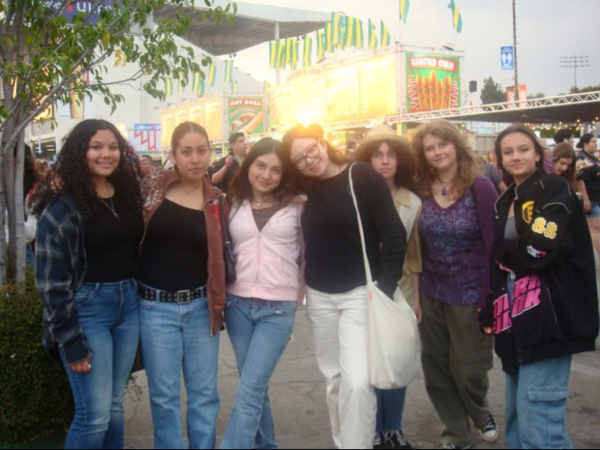Heavy visual effects have ruined cinema
Computer-generated imagery (CGI) has become increasingly prevalent in modern media, particularly in film and television. While it can be used to create stunning visual effects and bring fantastical worlds to life, there are also several reasons why CGI can be detrimental to the viewing experience.
One of the main criticisms of CGI is that it can take audiences out of the story. If the CGI effects look too unnatural or unconvincing, it can be difficult for viewers to suspend their disbelief and fully engage with the narrative. This can make it difficult to connect emotionally with the characters or events on screen and can detract from the overall viewing experience.
CGI can also be overused. In an effort to create visually spectacular films and TV shows, many productions rely heavily on CGI effects, which can make the finished product feel overly stylized and artificial. This can make it difficult for audiences to relate to the characters or story and can make the film or TV show feel less grounded in reality. “Avatar” is a perfect example of this; the artificial aspect that the movie exuberates makes the story hard to believe and therefore unrelatable.
Additionally, the use of CGI can be costly and time-consuming. Creating complex CGI effects requires a significant amount of resources and skilled labor, which can drive up the budget of production and delay its release. This can make it more difficult for independent filmmakers and TV producers to compete with larger studios that have more resources at their disposal.
Many producers, directors, and companies in the Hollywood industry have created an overreliance on heavy visual effects and CGI. This move has detracted from the storytelling and character development that are essential aspects of the film. Heavy visual effects have ruined cinema for that reason. The viewer is not getting the same quality in a film that they were getting fifteen to twenty years ago. This overreliance on heavy visual effects has created substandard films and Marvel is just one of the studios that are contributing to this problem. Recent films from Marvel such as “Thor: Ragnarok” and “Morbius” are the product of an industry that thrives on generating billions of dollars and so-called “box office hits” while often forgetting the traditional aspects of filmmaking that garner quality. In both of these movies, the CGI is the only thing keeping the viewer from falling asleep but even in Morbius one could argue that the CGI looked fake.
However, this problem is not going away anytime soon because there will always be an audience for Marvel movies regardless of the quality of the content. The result is mediocre movies generating huge revenue and smaller productions not garnering enough support to compete at the box office.
While CGI itself is not a bad thing, the problem arises when it is used too frequently and becomes a substitute for genuine storytelling which happens to be the case for many films. When CGI and digital effects are used sparingly they can have a positive effect on the production but in excess, they can have a detrimental impact. The abuse of this powerful digital tool has led to an increasing number of substandard movies focused solely on the digital aspect and detracting from the more valuable aspects of storytelling.
The recently acclaimed movie, “The Whale,” used no major digital visual effects and still created a highly impressive production that appealed to the moral compass of the viewer and stirred an array of emotions. The range in the acting and quality of the script required no visual effects to enhance the experience. The lifelong lessons that one can take away from this kind of movie are extremely impactful and it proves it can be a more powerful tool for our society than a completely CGI- based film.
In conclusion, while CGI can be used to create stunning visual effects and bring fantastical worlds to life, it can also have negative impacts on the viewing experience. From taking audiences out of the story to oversaturation in the industry, and being costly and time-consuming, the potential downsides of CGI in media production have certainly ruined cinema more than it has helped.
Hello there! Our goal is to provide relavent, engaging journalism for readers of all ages. Your donation will support the student journalists of the Wolfpacket at Claremont High School, and will allow us to purchase equipment, print our monthly issues, and enter in journalism competitions. We appreciate your consideration!

Theo da Silveira is a Senior at Claremont High School and a Sports Editor for the Wolfpacket, entering his third and final year on the staff. In addition...







